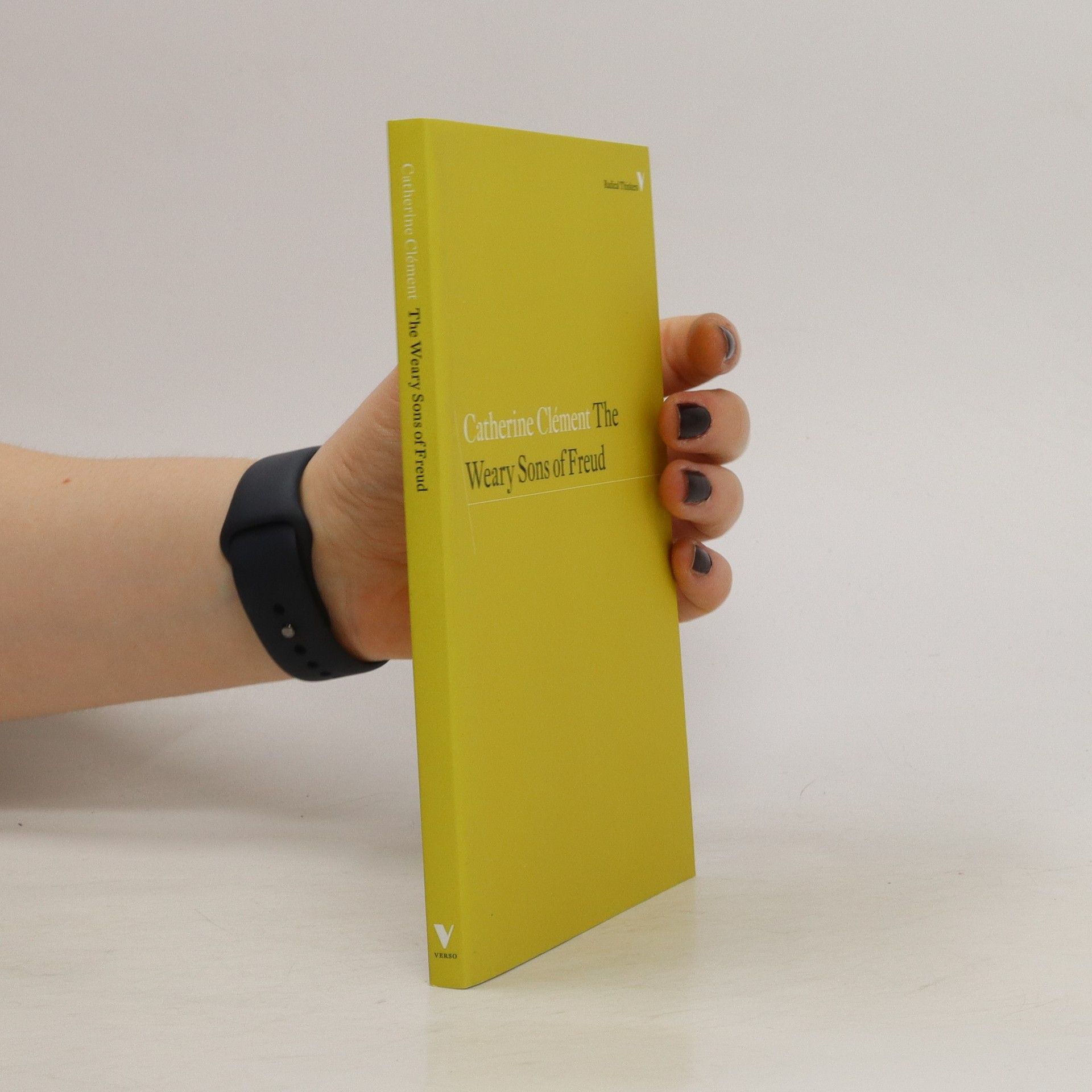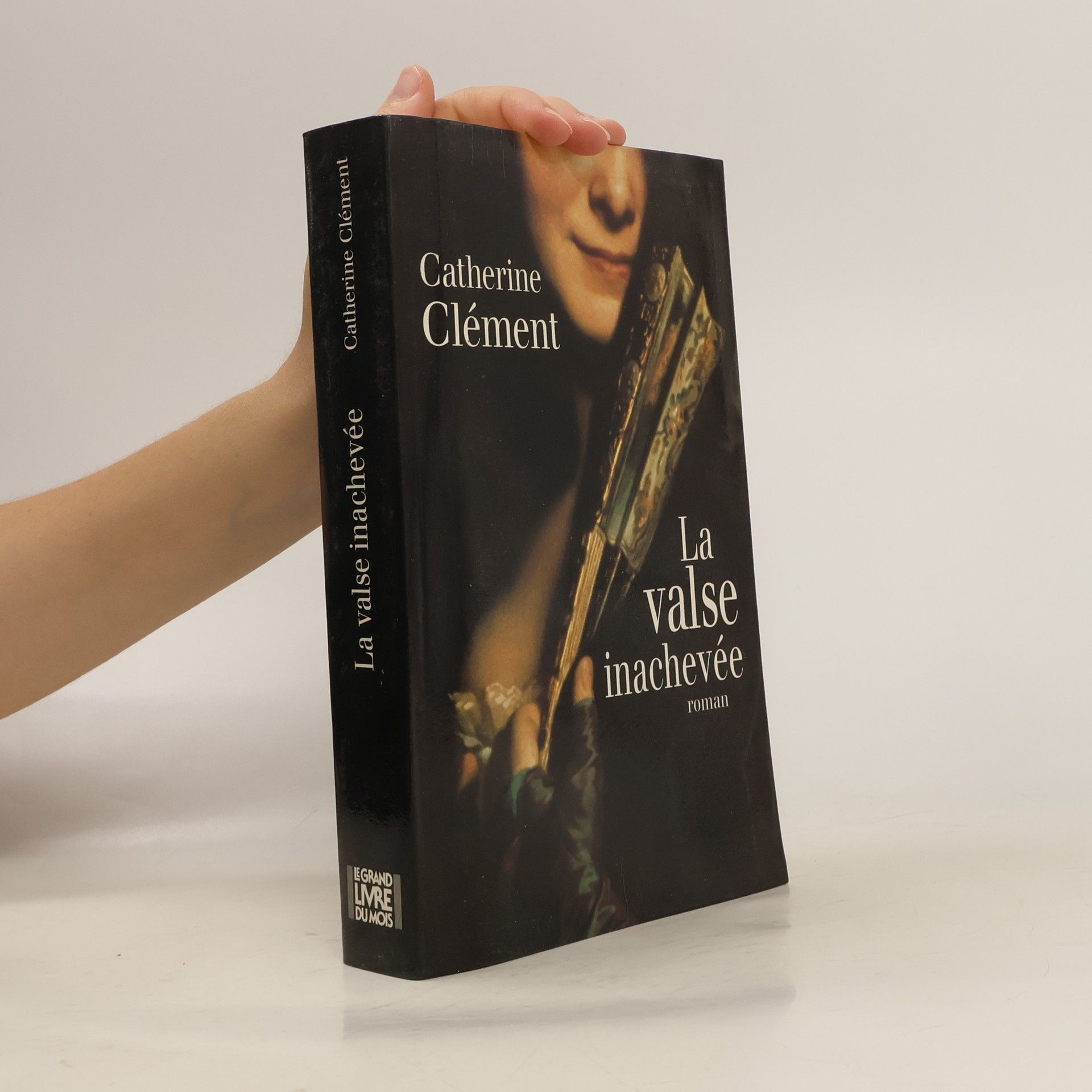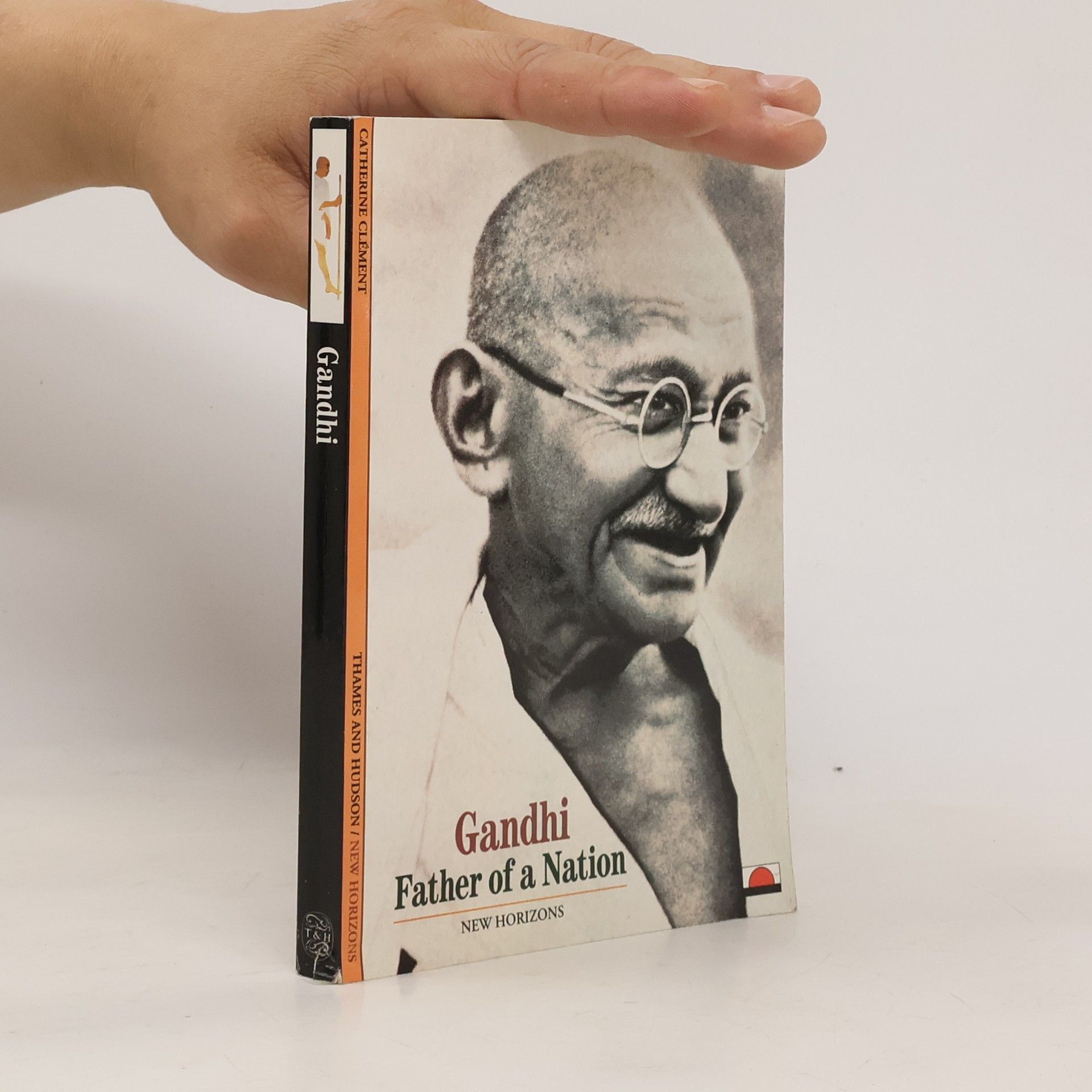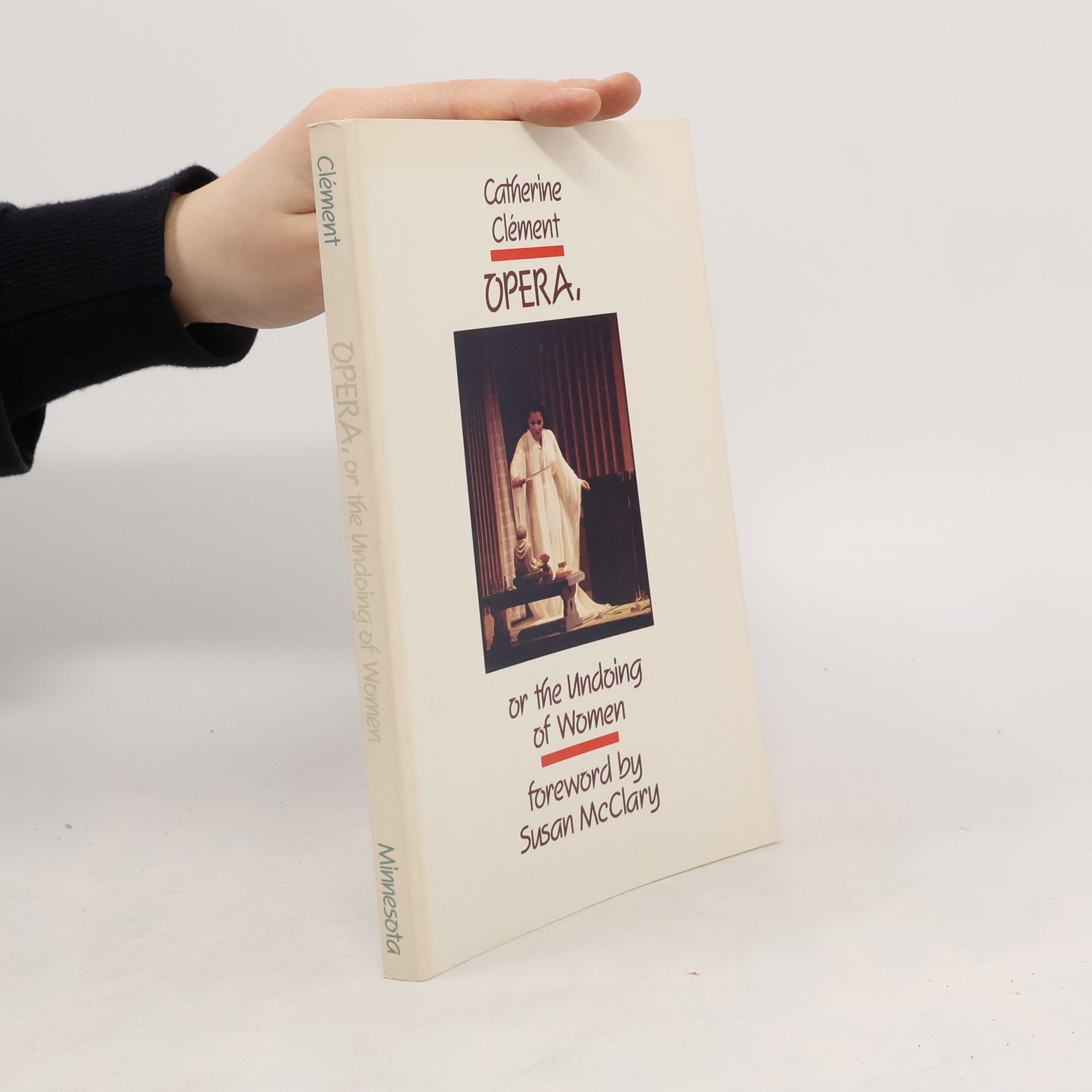Opera, or the Undoing of Women
- 201pagine
- 8 ore di lettura
An analysis of thirty operas reveals a negative portrayal of women that reflects the nineteenth century patriarchal social order
Catherine Clément è una filosofa e scrittrice francese, rinomata per il suo lavoro a cavallo tra filosofia, romanzo, femminismo e critica letteraria. Il suo studio approfondisce l'analisi della scrittura femminile e dei temi psicoanalitici. Attraverso il suo stile distintivo, esplora le complessità della psiche umana e delle strutture sociali. Clément offre ai lettori uno sguardo penetrante nei regni dell'identità, del desiderio e del potere.







An analysis of thirty operas reveals a negative portrayal of women that reflects the nineteenth century patriarchal social order
The story of Mahatma Gandhi is the story of modern India. Rejecting the violence and materialism of modern society, this spiritual leader advocated peaceful methods to achieve social reform, and it was largely through his efforts that India gained independence from British rule in 1947. This study tells his story and shows how his influence has now extended far beyond the barriers of nation.
Does for spirituality what Sophie's World did for philosophy.
A Communist, feminist, and analysand asks what the social function of psychoanalysis should be and condemns what it has become The Weary Sons of Freud lambasts mainstream psychoanalysis for its failure to grapple with pressing political and social matters pertinent to its patients’ condition. Gifted with insight and compelled by fury, Catherine Clément contrasts the original, inspirational psychoanalytical work of Freud and Lacan to the obsessive imitations of their uninspired followers—the weary sons of Freud. The analyst’s once attentive ear has become deaf to the broader questions of therapeutic practice. Clement asks whether the perspective of socialism, brought to this study by a woman who is herself an analysand, can fill the gap. She reflects on her own history, as well as on that of psychoanalysis and the French left, to show what an activist and feminist restoration of the talking cure might look like.
1947. Lord Mountbatten est intronisé dernier vice-roi des Indes britanniques. A ses côtés, sa femme, la belle lady Edwina, et Nehru, fils spirituel du Mahatma Gandhi. Bientôt, la folie meurtrière des hommes ensanglante l'Inde. Au milieu de ce conflit dévastateur, deux êtres que tout sépare vont s'aimer... Entre la fantasque Edwina, fière anglaise à la peau transparente, et le résistant Nehru, futur Premier ministre de l'Inde libre, est né un amour fou... Emportés dans la tourmente de l'Histoire, ils résistent à tous les obstacles. Pendant douze ans, ils s'écrivent chaque nuit, se retrouvent un mois par an. Jusqu'à la mort d'Edwina... Catherine Clément nous conte l'histoire magnifique de ce couple mythique devenu légendaire.
Die kulturhistorisch belegte Geschichte einer spanisch-jüdischen Kaufmannsfamilie, die trotz Vertreibung und Verfolgung im 16. Jahrhundert zu Reichtum und Ansehen gelangt
Religiöse Ekstase und psychische Grenzerfahrung
" Vous avez eu tout l'amour du monde, une mre aimante qui prfrait son "Goldener Sigi" ses autres petits, une femme nergique et gaie, des enfants respectueux, une fille adore. Vous avez eu les trois coffrets, la mre, l'pouse, la fille. Appuy sur ces solides fondements, vous avez pu penser la plus grande rvolution intellectuelle du XIX sicle, celle qui introduirait le danger du sexe refoul dans le sicle suivant. Du malheur, vous avez connu trois figures, la mort de votre fille Sophie, celle de votre petit-fils Heinele, les douleurs de votre cancer. Quant au reste, c'est la vie. Et vous l'avez aime. Ne dites pas non ! Vous avez t dsirant au-del du possible... "Qui ose s'adresser ainsi au pre de la psychanalyse Catherine Clment, bien sr ! Elle seule pouvait s'autoriser une telle insolence amoureuse. Pour nous le dvoiler vivant. D'une plume libre, elle claire les dsirs de Freud, ses amitis exclusives, ses faiblesses, ses excs. La statue du Commandeur s'estompe, apparat alors un ami attachant, fragile par endroits, un grand-pre qu'on se surprend aimer.Rencontre de deux mes passionnes, cet ouvrage nous offre la vision exigeante et lumineuse d'un gant de la pense contemporaine.